Why Forced Apologizing Doesn’t Work and What Does
No one loves apologizing. It’s hard to tolerate guilty feelings that can come with recognizing you’ve hurt someone else or done something wrong.
People usually justify themselves to defend themselves from these painful feelings. This is why apologizing – essentially admitting we’re in the wrong – is incredibly difficult for most adults, let alone children.
I mean seriously, how many adults do you know who are graceful and easy apologizers? Exactly.
Forced apologies are as common as forced sharing in our culture. But apologies that are insincere are also ineffective. We are actually teaching our children inauthenticity when we force them to apologize.
When you force them, they may be apologizing through gritted teeth. They are learning that they should say what is expected of them regardless of their internal experience, something that doesn’t develop a healthy sense of self.
On the other hand, knowing how to repair relationships, and being moved to make such repairs is critical to developing meaningful friendships. Something we all want for our children. So how do we encourage an honest, authentic apology?
I think there are two major components to this:
Modeling Apology
We – or at least I – talk to my children in ways that are unacceptable in a healthy relationship several times a day. I snap at them, bark orders, sometimes embarrass them by telling them off in front of others, and sometimes I totally lose my cool and yell. Any behaviors that I wouldn’t tolerate in them warrants an apology from me. So, several times a day, you can hear me saying things like:
“I’m sorry I raised my voice just now, that wasn’t a kind way of speaking. Next time I will try to phrase my request more respectfully”
“I apologize for rushing you – I know you were in the middle of your project – I’m late and I should have left more time”.
When children are apologized to, they see that apologizing is a normal, healthy part of a relationship… nothing to be ashamed of and nothing to mumble about. In my personal and rather narrow experience, this creates a child who apologies with relative ease and regularity.
When you model apology, make sure you’re modeling a good apology.
It really is an art. Here are some insights I’ve learned along the way:
Always err on the side of taking the infraction more seriously than you might.
Typically our defense mechanism works overtime to convince us that it ‘wasn’t so bad’ whilst the person we’ve hurt is equally insistent that it was terrible. Horrible. Awful. There is nothing less effective when apologizing than making light of the situation in the eyes of the recipient.
Never use the words “if” or “but”.
When you use these words, you’re essentially canceling out all of your responsibility, and therefore rendering your apology void. When you say “I’m sorry IF I hurt you” you’re telling the person you’re not truly convinced that you hurt them, but you’re willing to go along with their fantasy play and satisfy their childish whims – hardly sincere. When you say “I’m sorry BUT….” You’re negating your apology by saying that your actions where justified and at the core, and whatever you did, they basically asked for.
An apology should be a completely one-sided communication.
An acknowledgement of guilt and regret on your side, asking nothing in return, including a response or forgiveness.
Take full responsibility.
For your behavior or your reaction in the situation. Do not explain or blame the other person.
Encourage Apology
This means that when your child does something unkind to someone else, or to you, you can kindly and gently mention that an apology might be in order. But doing so without any force, shame, or anger will make it much more likely to produce an authentic apology.
For example, saying: “It didn’t feel good when you demanded your drink like that” or “It looks like Jonny’s feelings are hurt.” might leave an open ended invitation for repair, which may, or may not come in the form of apology. Whatever form the repair takes, celebrate it and accept it… a hug, a kind look, or some other gesture are all forms of apology and repair, too.
When your child does apologize, take a moment to acknowledge the repair they were able to do. Thank them so that they know that this is meaningful to you.
Remember that people take different amounts of time to process events and feelings, and sometimes an apology might come a lot later than you wanted it – hours later or even days. That’s ok, you’re the adult, you can wait.
Do you force apologizing in your home? If so why? If not, why not? And how does your approach work for you?

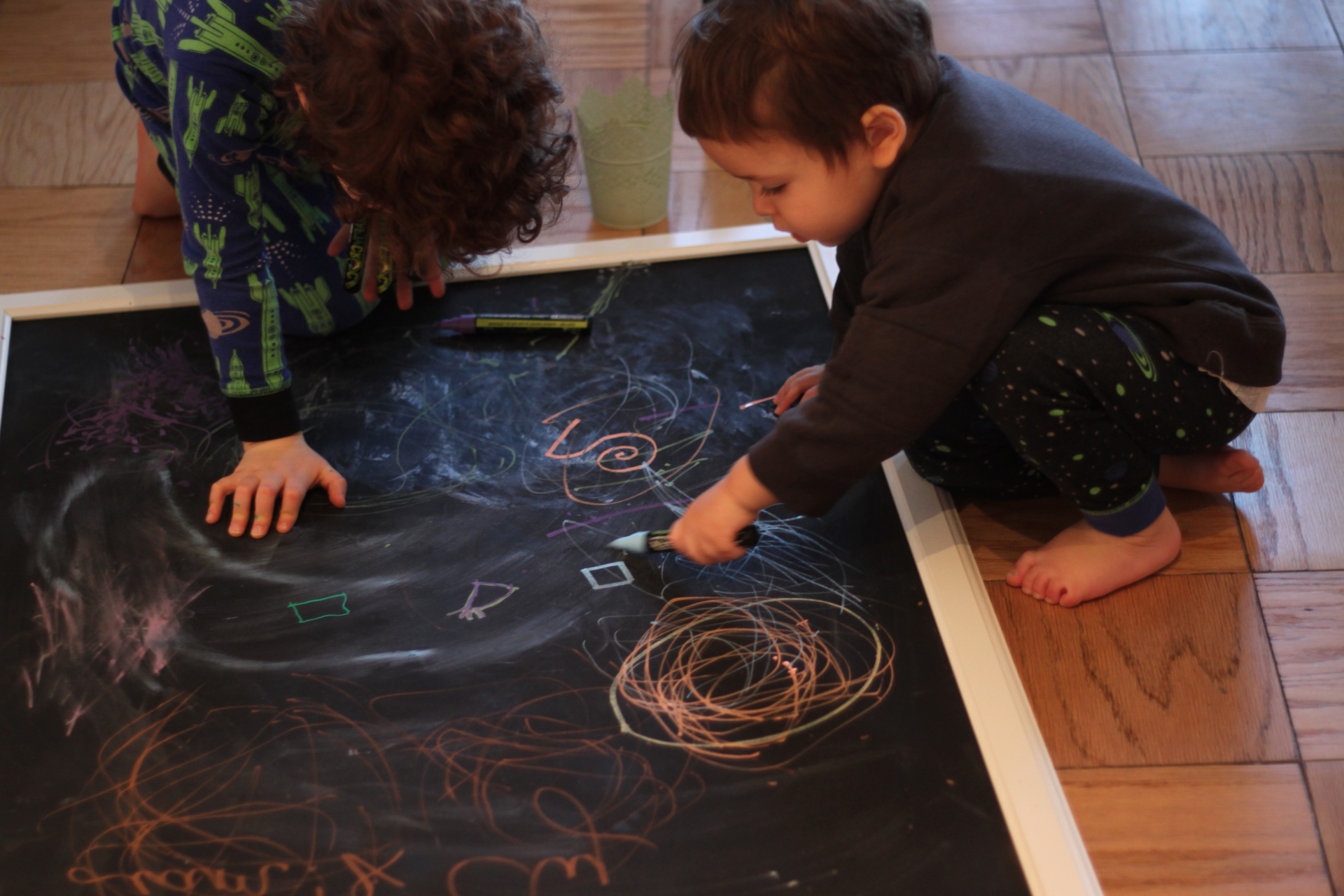


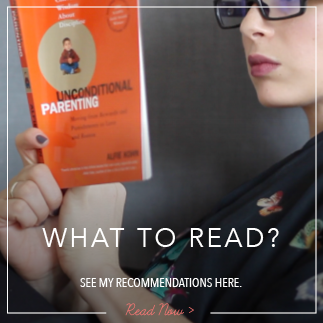
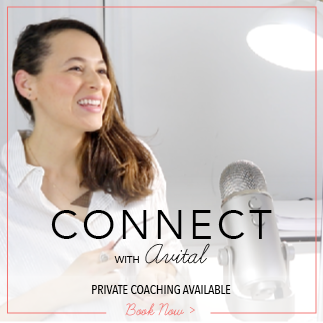

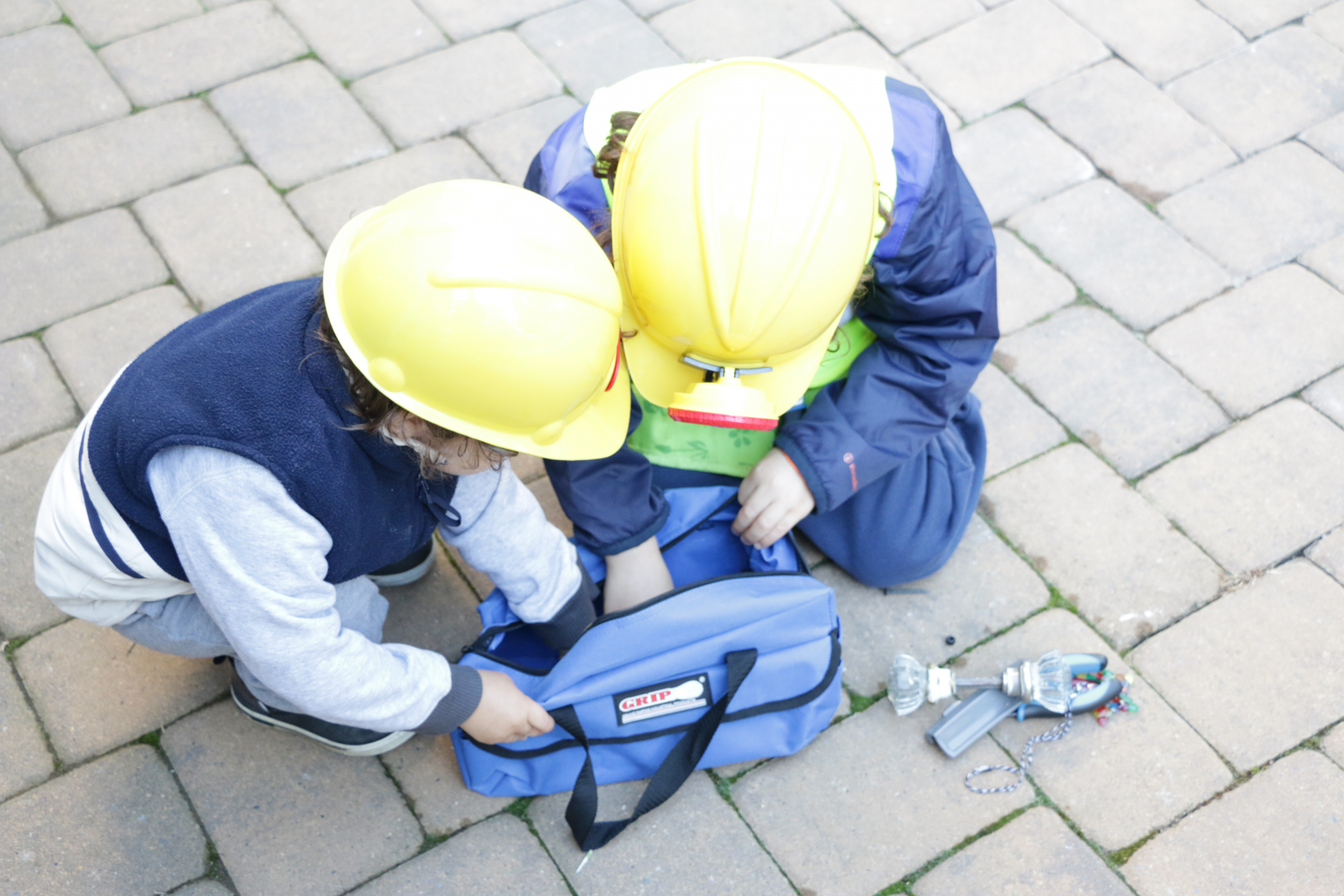
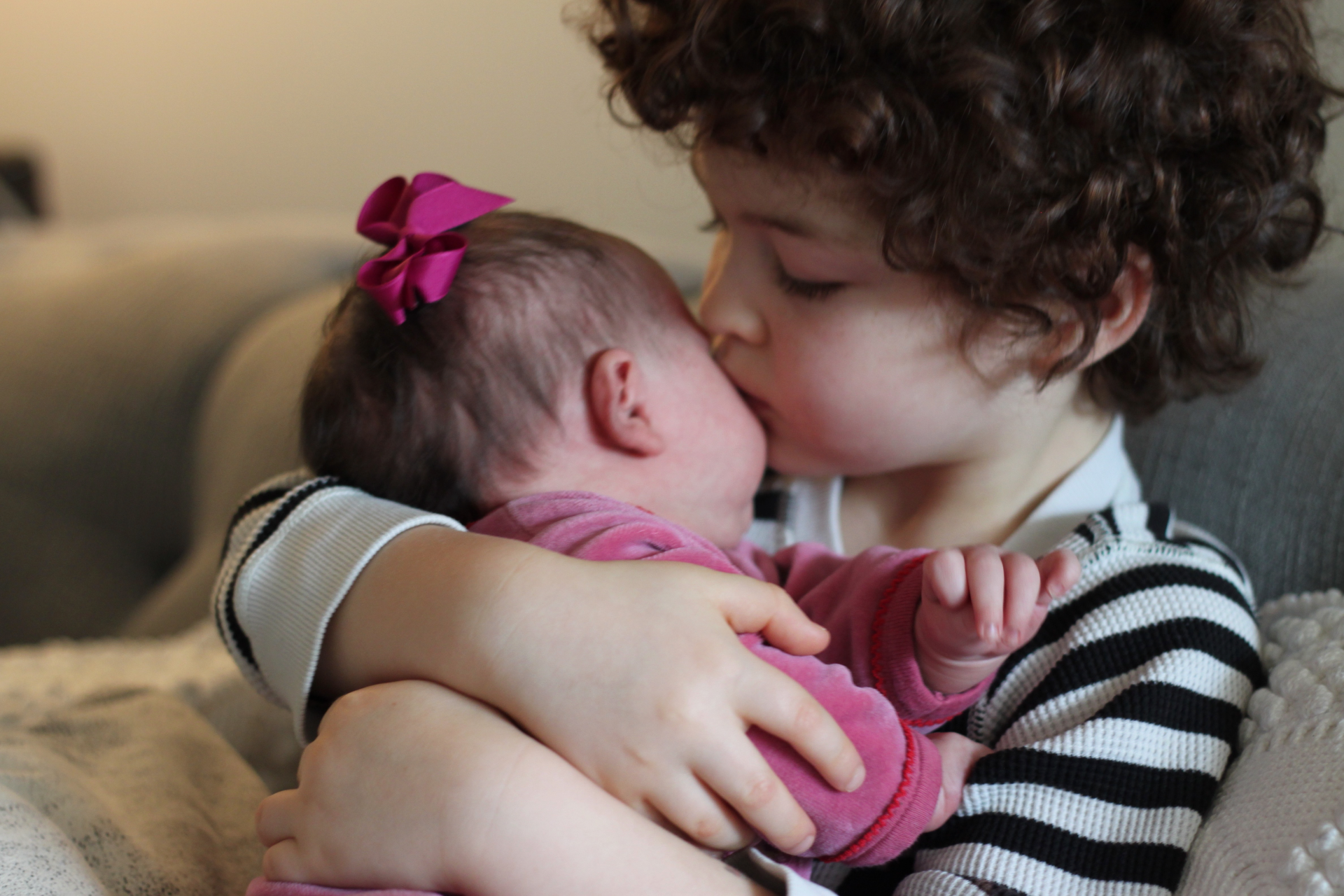
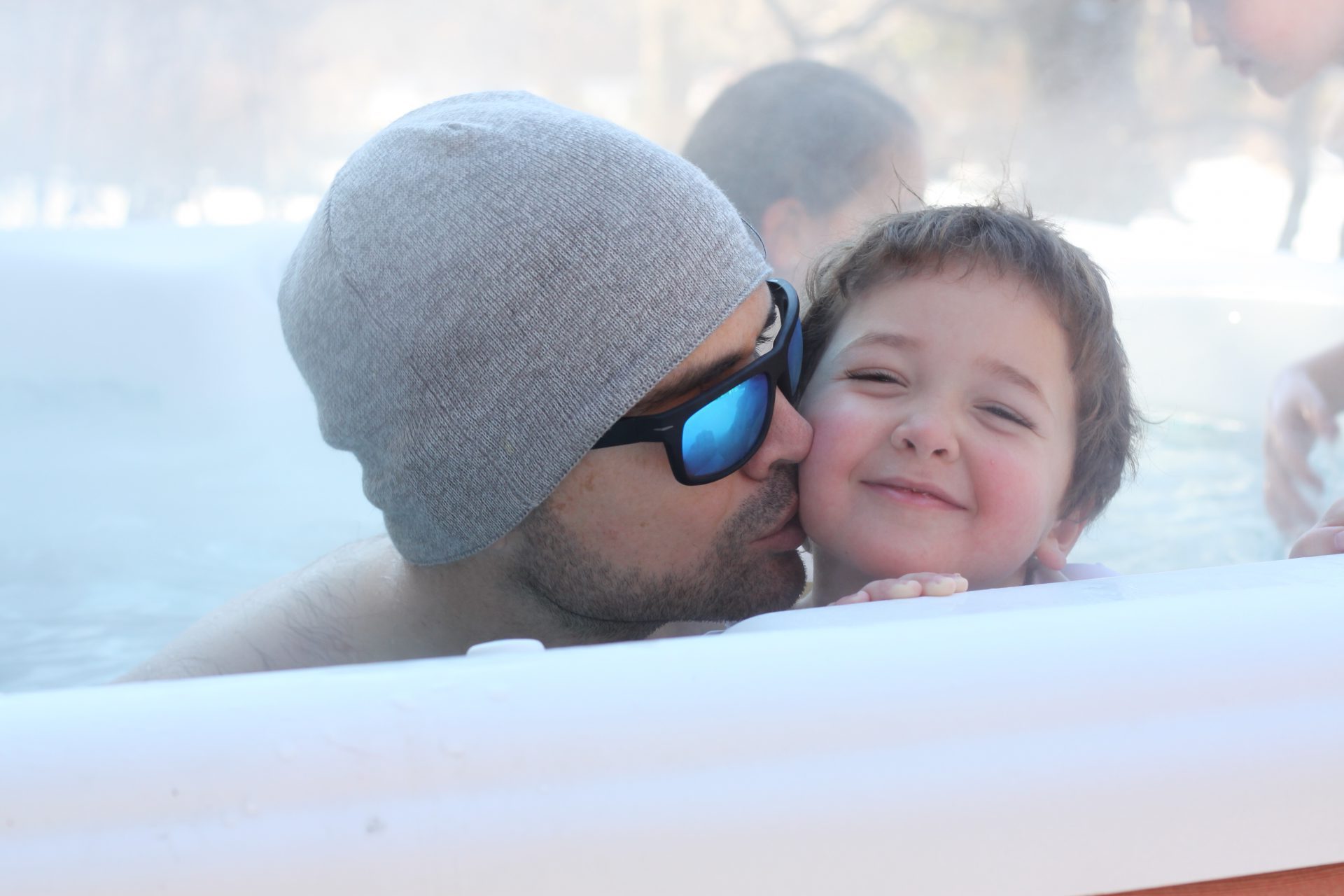
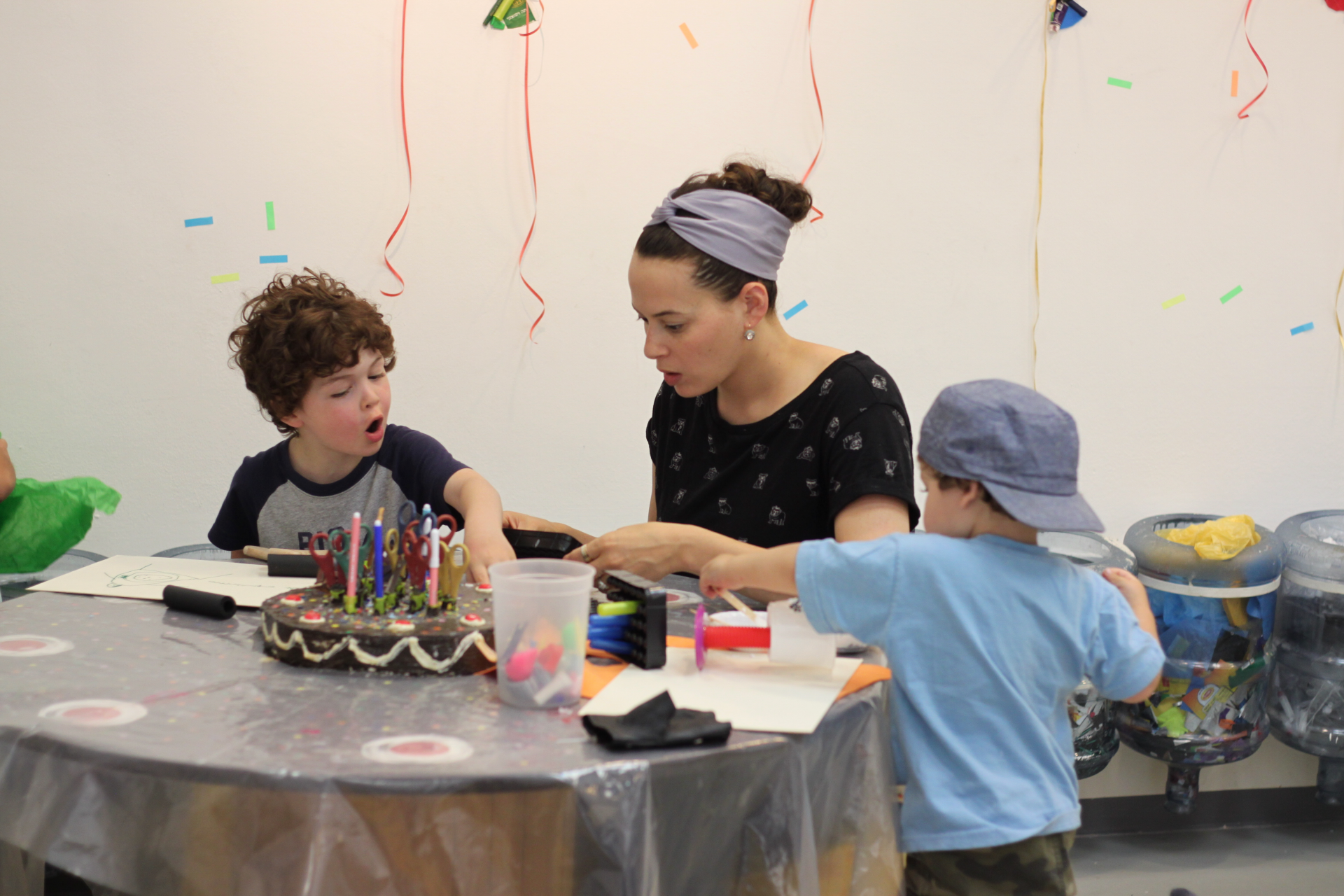
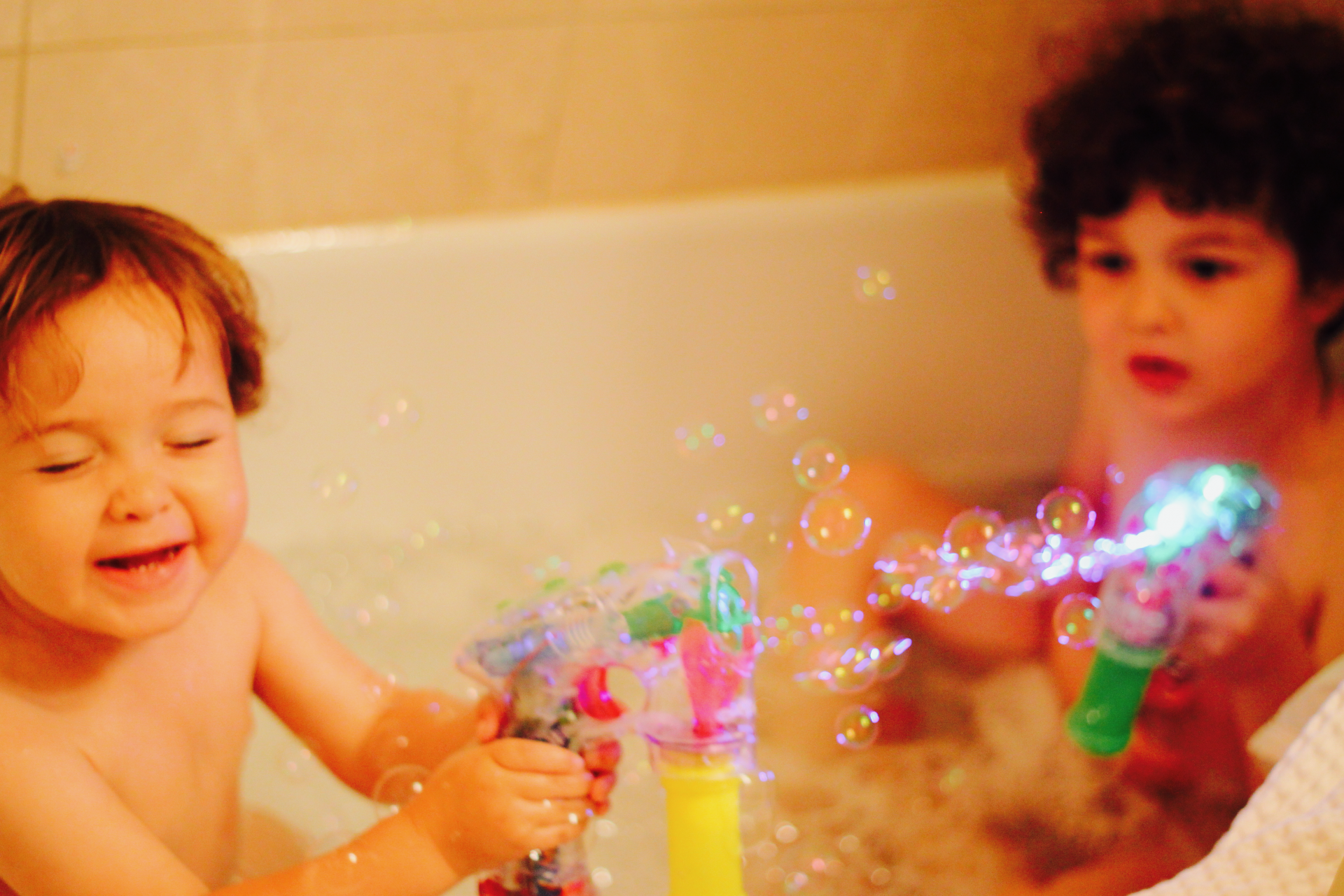
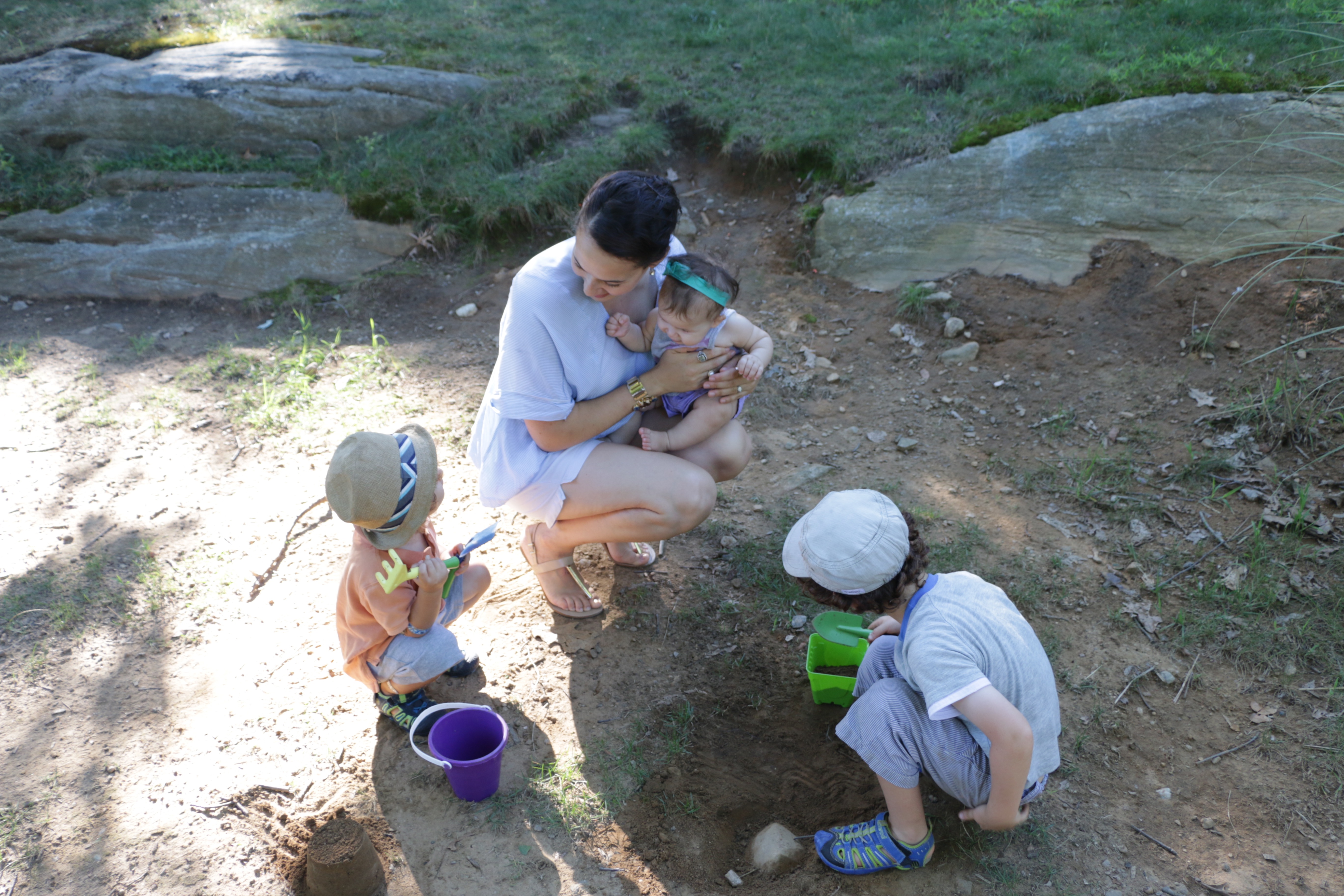

0 comments